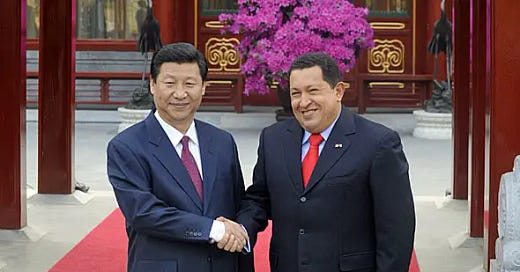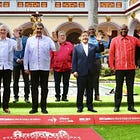In my commentary of April 30, 2024, I wrote of the importance of the project of Latin American union and integration, in spite of its limitations and contradictions, as a project of integration that is “based on the principles of solidarity, social justice, cooperation, and economic complementarity,” empowering the region to confront the continuing threat of foreign interference and the deepening disrespect for the sovereignty and self-determination of the nations of the region. I maintained that the significance of regional organizations like ALBA-TCP and CELAC can be more fully appreciated when they are examined, not in isolation, but in conjunction with parallel and interconnected processes that have been emerging in the world during the first quarter of the twenty-first century. I suggested that, taken together, these phenomena point to the emergence of a post-imperialist, pluripolar world-system.
I discuss in my commentary today four significant processes developing a…



